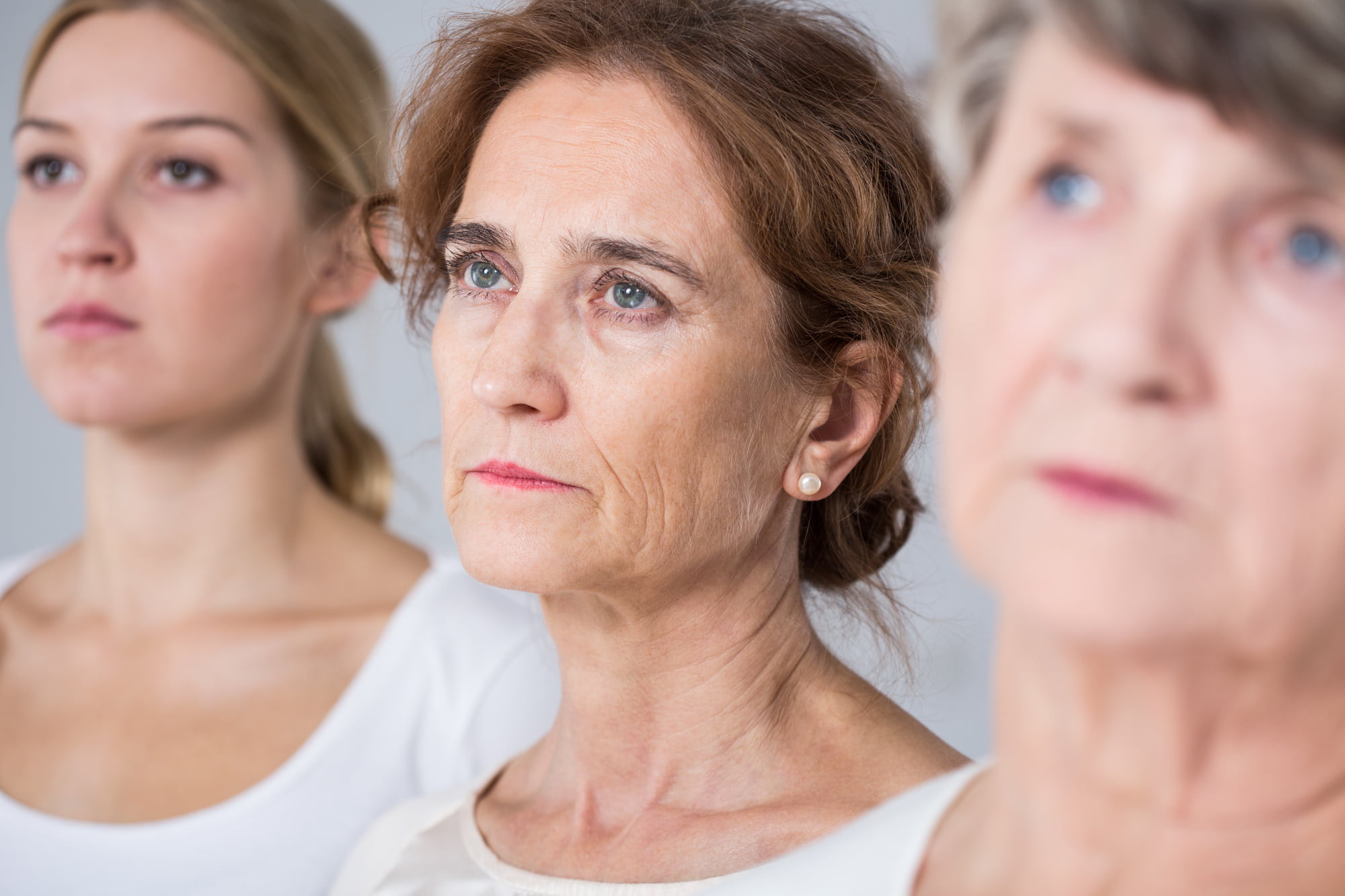Gerontology is the study of aging, and with the increasing lifespan of the modern age, it’s more important than ever to understand the aging process.
Although people are living longer than ever before, medical researchers need to understand how to prevent age-related diseases and ensure that these extra years are healthy ones.
To learn more about the aging process, keep reading the information below.
Changes in the Skin
Changes in the skin are usually the most noticeable part of the aging process.
The skin is made of the inner, middle, and outer layers called the subcutaneous layer, the dermis, and the epidermis. As the skin ages, the epidermis thins because collagen production decreases. The skin also produces less oil and the blood vessels become more fragile. This makes the skin drier and more prone to bruising.
The best way to protect the skin from these changes is to use sun protection. Wear hats and long sleeves when in the sun and apply sunscreen regularly.
Changes in the Heart
Throughout the entire world, heart disease still leads the charge as the number one cause of death. Every year, 56 million people lose their life for heart-related reasons.
As the body ages, elastin fibers decrease after sustaining damage from things like oxidative stress. This not only happens in the skin but in the blood vessels and arteries as well. As a result, blood vessels and arteries stiffen, forcing the heart to work harder to pump blood through them.
Eating a balanced, nutritious diet is the best way to protect the heart from later disease.
Changes to the Senses
Senses like vision and hearing change as we age. Mostly, they diminish. It gets more difficult to see and hear clearly.
To prevent these changes, wear sunglasses with UV protection. Watch the volume on your devices and have earplugs on hand if you plan to attend loud events.
Changes in Bones and Joints
Over time, the body loses muscle mass and bone density. In fact, after 30, people can lose 3-5% of their muscle mass every decade. Some doctors think natural hormonal changes, like the decrease in testosterone as we age, contribute to this.
Hormonal changes may also contribute to the loss of bone density. Additionally, the body starts to leech minerals like calcium from the bones. Make sure to ingest adequate amounts of minerals, like calcium, throughout your diet.
Changes in the bones, joints, and muscle mass are what make mobility more difficult as we age. If your loved one is struggling with mobility, learn more about advanced senior care options.
Dealing With the Aging Process
The aging process is an unavoidable part of human life. However, there are many preventative measures people can take to try and make it a healthy process. A nutritious diet and regular exercise and two of the most important things to incorporate.
If you found this article helpful, take a moment to check out the rest of our page.









